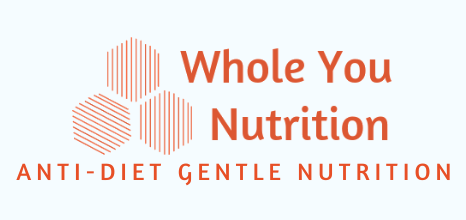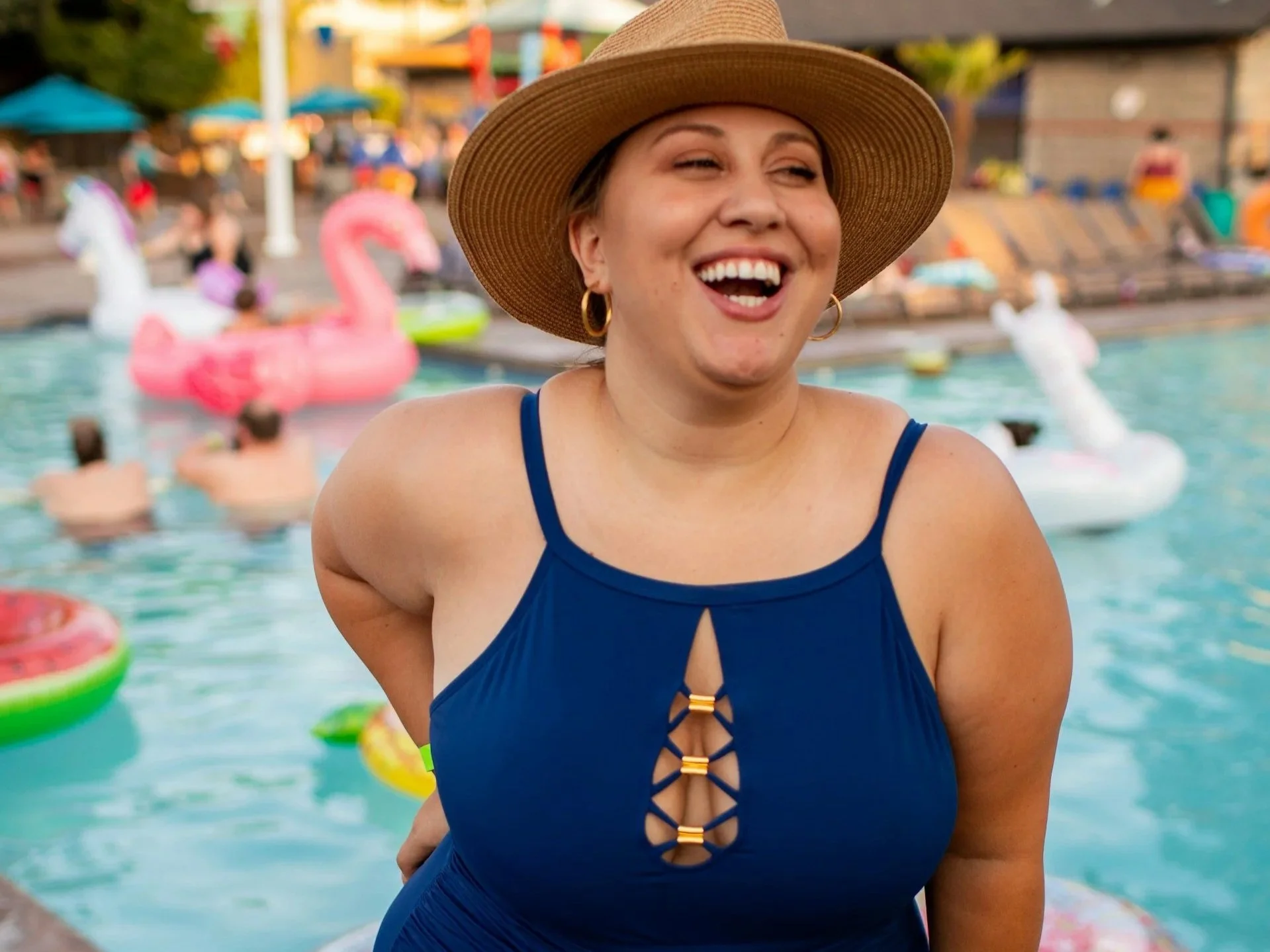The beginning of each new year is always a fraught time to have a body. Just yesterday, I took the annual health survey required by our health insurance to “unlock” the activities needed to fund our HSA accounts, I was immediately confronted by everything I hate about the New Year.
Nowhere in this survey was there an option to say you were happy with how you are currently eating, moving, sleeping, or managing stress. It was simply assumed you need to be trying harder.
Read More











